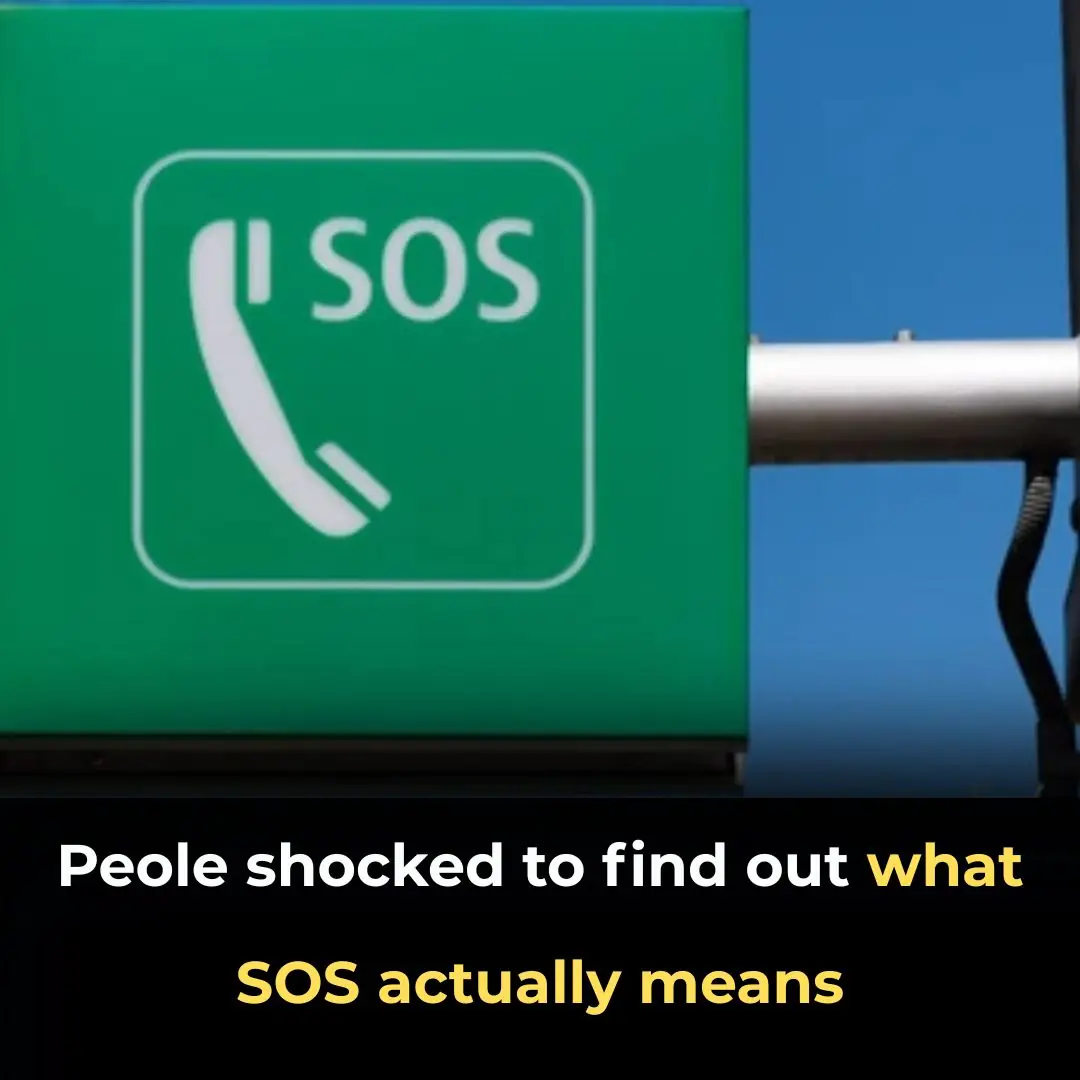
4 Things You Should Never Say At A Funeral — No Matter What
Funerals are intensely emotional occasions filled with mourning, introspection, and remembering. In these situations, our words hold significant weight. Even well-meaning comments can seem rude, scornful, or cruel to mourners. It’s critical to express empathy and prudence when offering condolences to a friend, family member, or coworker.
Here are four funeral speech blunders and the reasons they should be avoided.

1. “They’re in a better place now.”
Although this expression is frequently used to offer support, it may inadvertently contradict the pain that someone is experiencing. It may seem like spiritual comfort to tell someone that their loved one is “in a better place,” but to someone who is still grieving, it may come off as a dismissal of their suffering or an attempt to hasten their recovery.
What to say in its place:
“I’m so sorry for your loss. I’m here if you need anything.” Simple, honest words often mean the most.
2. “At least they lived a long life.”
No amount of time makes losing someone easier, even though age can play a role in acceptance. It can be painful to assume that their longevity somehow eases the d3ath. As if they should be more “thankful” than devastated, emphasising that grief has no end date could make the bereaved feel bad for experiencing pain.
What to say instead:
“They touched so many lives. I know they meant a lot to you.” Acknowledge the loss without comparing or minimizing it.
3. “I know exactly how you feel.”
Grief is extremely personal and differs from person to person, even if you have experienced a comparable loss. Saying “I know how you feel” can turn the discussion from the person who is mourning to you. If you have a different relationship with loss than they do, it could also come across as haughty or cruel.
What to say instead:
“I can’t imagine what you’re going through, but I’m here for you.” Showing support without making assumptions goes a long way.
4. “Everything happens for a reason.”
This expression can be more aggravating than consoling, even though it may have come from intellectual or spiritual ideas. It can come across as cold or unduly detached to try to give a loved one’s passing any significance or rationale. Instead of just standing with them in their pain, it could seem like you’re attempting to rationalise it away.
What to say instead:
“This must be incredibly hard. I’m so sorry.” Recognizing the difficulty of the moment shows compassion and respect.
Final Thoughts
Your words at a funeral or when expressing condolences don’t have to be symbolic; they just need to be kind and considerate. Being there, giving a hug, or listening quietly can sometimes have a greater impact than words.
News in the same category


Surprising Reasons Why You Should Spread Salt

The First Communication Between Two Humans in Dreams Has Been Achieved – This Is How It Works

AI Is Set to Replace 41% of Jobs in the Next Five Years

Study Reveals: Your Body Remembers Trauma, Even After the Mind Has Let Go

Man Sentenced After Stowing Away On 120 Flights By Masquerading As Flight Attendant

People Stunned After Learning The True Meaning Behind ‘SOS’ — It’s Not What You Think

Tourists Panic As ‘New Baba Vanga’ Warns Of Disaster Coming In Just ONE Month

The “Small Round Hole” On The Nail Clipper Has Special And Powerful Uses, And I Had No Idea

Uranus May Be Filled With A Lot More Methane Than We Thought

Scientists Claim Breakthrough In Amelia Earhart Mystery After 88 Years

People Shocked To Learn What Apollo 11 Astronauts Left Behind As Life Insurance

If You Find A “Bleach” Patch On Your Underwear, You’d Better Know What It Means

Lucid Dreaming Isn’t Just Trippy—It’s Power Can Transform Your Entire Life, According to Experts

Just 2.4 Miles Apart, Yet 21 Hours Ahead — The Diomede Islands’ Time-Warping Secret

Scientists Invent Ultra-Thin Material That Hardens Like Diamond to Stop Bullets

There Are Mysterious Signals Coming From The Ice In Antarctica

Scientists Baffled By Earth’s Mysterious 26-Second ‘Heartbeat’—Still No Clear Explanation

Friendship Between Wolf And Bear Documented By A Photographer
News Post

Here’s Why Cabin Crew Sits On Their Hands During Take Off and Landing

Surprising Reasons Why You Should Spread Salt

The First Communication Between Two Humans in Dreams Has Been Achieved – This Is How It Works

Am I Wrong for Cutting Off My Daughter’s Friends and Pulling Her from Soccer Camp?
A father decides to pull his daughter from soccer camp and cut her ties with two friends he deems "ghetto," but when family pressures him to reconsider, he starts questioning his actions. Is he wrong?

AI Is Set to Replace 41% of Jobs in the Next Five Years

MY HUSBAND CANCELED OUR DREAM VACATION FOR HIS MOTHER - MY REACTION WENT VIRAL!
“No, I’m going to Thailand, not to your mom’s garden beds,” I refused to go to the dacha, and my husband got offended.

The Miracle Child: The Baby Who Changed Everything at Saint Thorn Medical Center
A mysterious baby born with an unusual heartbeat starts to change the lives of everyone around him. From medical staff to nurses, his presence brings hope, awe, and a chilling sense of wonder.

The Dress That Could Make or Break My Career – And Why I Said No to My Niece’s “Special” Gift
A career-driven woman refuses her niece's offer to sew her a dress for a big event, leading to family tension. Is she being too harsh, or is her decision about professionalism and self-respect?

RELATIVES OVERSTAY THEIR WELCOME – BUT WHAT THEY DISCOVER IN GRANDMA'S HOUSE WILL CHANGE EVERYTHING!
— You’ve been coming to stay in my house for the third month now, maybe that’s enough? — I couldn’t hold back, looking at the relatives’ suitcases.

The boss’s daughter got a job as a cleaning lady to uncover the director’s scams

When Family Dynamics Clash: The Birthday Cake Dispute
A woman stands her ground over her daughter's birthday cake, facing pressure from her sister-in-law and family. Will she keep her decision, or choose peace over principle?

MY FIANCÉE M0CKED MY DE@D MOTHER AT OUR REHEARSAL DINNER - WHAT I DID NEXT CANCELED THE WEDDING
I'm 33, and until recently, I was engaged to Lydia, a woman I honestly thought I'd spend the rest of my life with. I met her about six years ago through mutual friends at a cookout. She had this great smile, was quick with a joke, and we just clicked.

Study Reveals: Your Body Remembers Trauma, Even After the Mind Has Let Go

Revenge Ink: How I Taught My Fiancé and His Mother a Lesson They'd Never Forget
When my fiancé’s mother told him to leave me for a richer woman, I devised the perfect plan for a dramatic and unforgettable revenge. Here’s how I got back at them with a lesson they’ll never forget.

Man Sentenced After Stowing Away On 120 Flights By Masquerading As Flight Attendant

5 Drinks That Can Help Dissolve Kidney Stones and Aid Easy Elimination

People with Cancer Often Share 8 Morning Signs—Especially Clear After Age 40

5 Foods That Tumors Hate: Eat These Often for Better Health

People Stunned After Learning The True Meaning Behind ‘SOS’ — It’s Not What You Think
